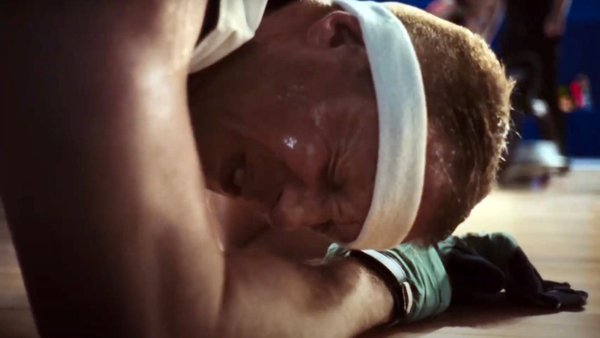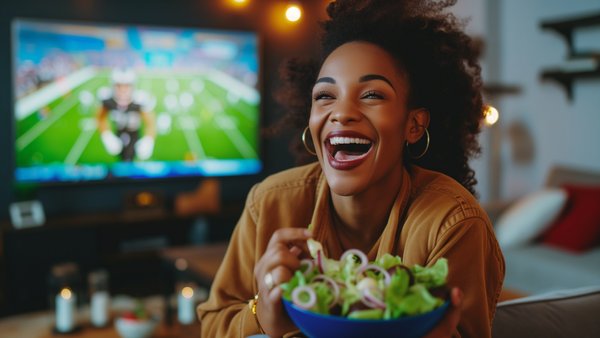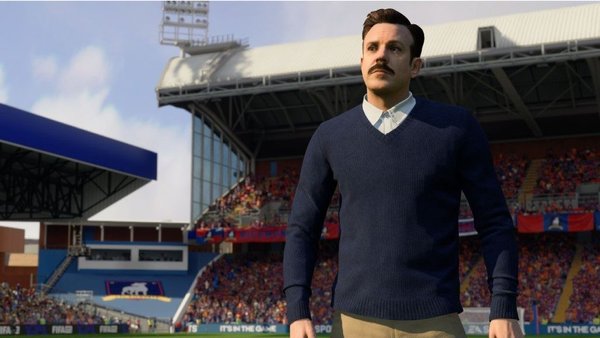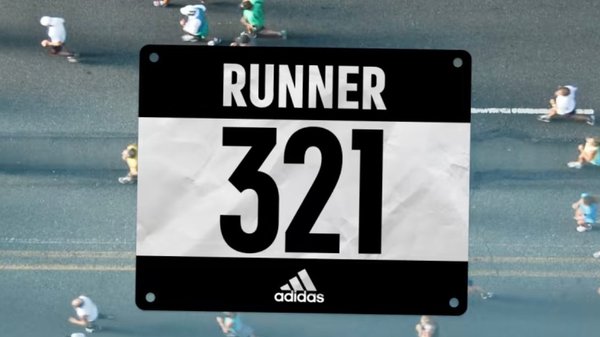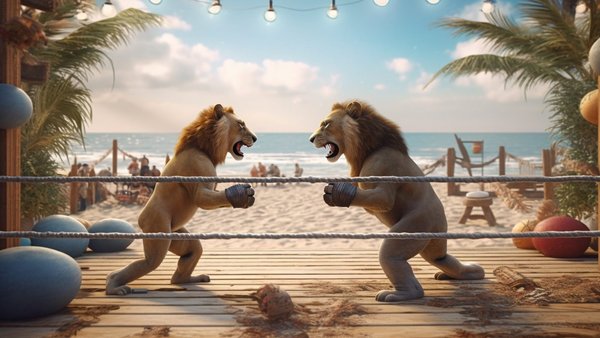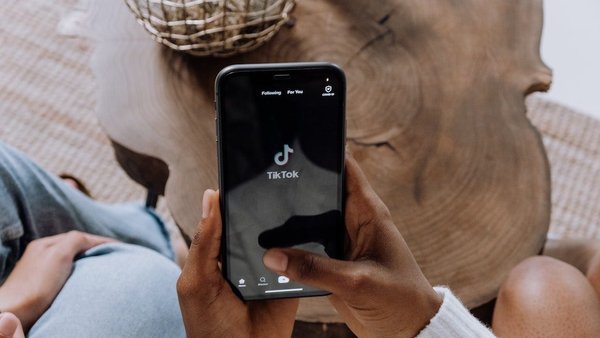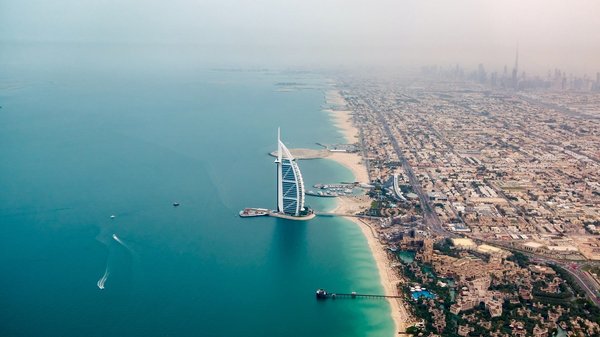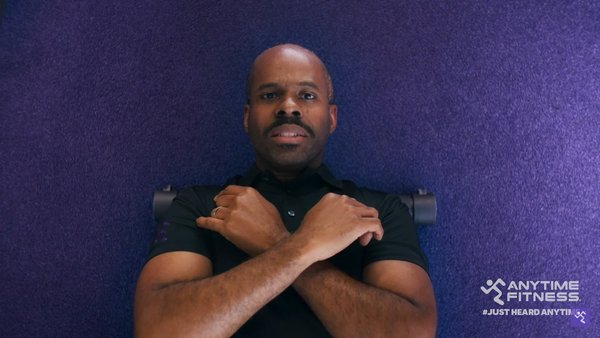Cannes Lions: Titanium at 20 /
A potted history and analysis of the Cannes Lions category created to celebrate break-through ideas that point the ad industry in a new direction
James Swift
/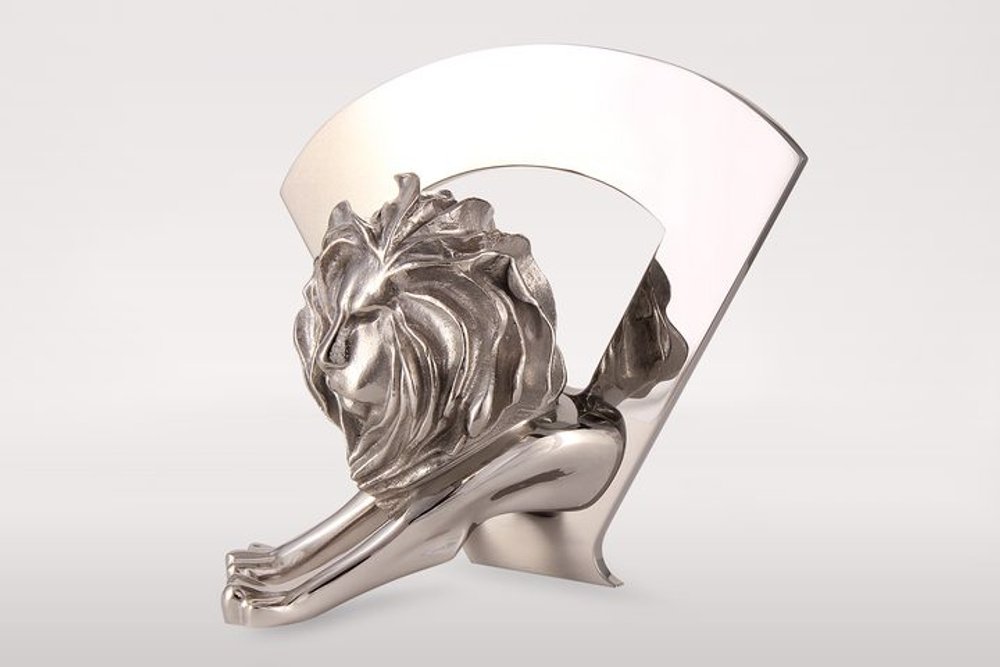
Twenty years ago The Cannes Lions International Festival of Creativity awarded its first Titanium Lion.
The award was Dan Wieden’s idea. The Wieden + Kennedy co-founder had approached the festival in 2002 about creating a new Lion to recognise boundary-breaking work after Fallon’s lauded long-form films for BMW were only able to win one Grand Prix (in Cyber) because they fell outside the scope of the other categories.
Simon Cook, the CEO of Cannes Lions, says he does not know who came up with the ‘Titanium’ name but suspects it came from Wieden himself. Either way, the festival introduced the Titanium Lion in 2003 and gave the inaugural award to Fallon and BMW for the campaign that inspired the category’s creation.
There are no Golds, Silvers and Bronze awards in the Titanium category, just Titanium Lions and Grands Prix, but no jury has awarded more than one Grand Prix in a single year so far.
Unlike in many other categories, agencies and advertisers may only enter a campaign once in the Titanium category, and shortlisted entrants are required to present their case in person to the jury in Cannes, a requirement borrowed from the Innovation Lion category.
Since the category was introduced, 76 Titanium Lions have been awarded, including 14 Grands Prix. Over two decades, the category has recognised campaigns that harness media and technology in new ways, raise awareness of political issues, give voice to social justice movements or just flat-out entertain.
Crispin Porter + Bogusky has had the most success of any agency in the Titanium category, winning six awards, including three Grands Prix. Droga5 is the next most successful agency, with six awards but no Grands Prix. Wieden’s agency, Wieden + Kennedy, has won four awards but never a Grand Prix.
Burger King is the most awarded brand in the Titanium category, with five awards, including two Grands Prix. Nike is close behind with five awards, including one Grand Prix.
The big tech companies have not had as much of a presence among the Titanium winners as you might expect. Neither Facebook, Amazon, nor Google has ever won a Titanium Lion. Apple has only won one (for Today At Apple in 2018), Samsung has won two (for Bridge of Life and The Safety Truck), and Microsoft’s Xbox has won one (for Changing the Game in 2019).
In November 2022, the festival announced that it was renaming the category the ‘Dan Wieden Titanium Lions’ in honour of the man who inspired the awards after he died in September.
Cook says that the festival still briefs its Titanium jury using Wieden’s definition of work that ‘causes the industry to stop in its tracks and reconsider the way forward.’
But has the category served its purpose and lighted the way forward for the rest of the industry?
‘I would say that it has,’ said Cook. ‘It’s definitely one that the global creative community looks at as a beacon for what’s coming next. Over its history, you’ve got the channels narrative [originally, to be eligible for a Titanium Lion, entries had to span at least three media channels], the introduction of integrated [for a while, the Titanium category was combined with the Integrated category], and then the rise of data and technology that can be reflected in the work that you see. And then also, we've moved more recently into work that doesn’t just grow business but also contributes something positive to the world.’
And Cook dismisses the idea that, as the festival expands to include more categories, the Titanium Lions will be rendered obsolete.
‘There will always be game-changing work because the industry is constantly evolving and shifting, and that's just the nature of the industry,’ said Cook, who also pointed out that the festival retires categories as well as introduces them.
As for a Titanium winner that has been especially influential or prophetic of the industry’s future, Cook said: ‘There was this piece of work that won a few years ago now, Domino’s [Emoji Ordering], which was quite controversial and divisive. But in some ways, it was the precursor for the industry’s move towards commerce and creating a frictionless experience. In that sense, it was probably ahead of its time.’
Titanium Timeline: a brief history of the big winners /
2003 / The Hire for BMW by Fallon, Minneapolis, was the only winner in the Titanium Lions’ inaugural year, but it was not designated as a Grand Prix.
2004 / No Titanium Lions were awarded. According to Cannes Lions CEO Simon Cook: ‘The jury presidents [who came together to decide the Titanium Lion after judging their respective categories] realised they didn't have an overview of the work across all categories so couldn't find a consensus and didn't award anything.’
2005 / The first year that the category was decided by its own jury. Four campaigns were awarded Titanium Lions but none were deemed worthy of a Grand Prix. The winning campaigns were: Grr for Honda by Wieden & Kennedy London; 5 Cent for Virgin Mobile Australia by Glue Society of Sydney; Life on Board for Volvo by Havas; and Counterfeit for Mini Cooper by Crispin Porter + Bogusky, Miami.
2006 / Design Barcode won the only Titanium Lions awarded in 2006 and it was not deemed worthy of a Grand Prix.
2007 / Xbox Games Innovative Campaign for Burger King by Crispin Porter + Bogusky, Miami, won the Titanium Grand Prix.
2008 / Uniqlock for Uniqlo by Projector, Tokyo, won the Grand Prix.
2009 / Obama For America won the Grand Prix.
2010 / Twelpforce for Best Buy by Crispin Porter + Bogusky USA won the Grand Prix.
2011 / Three campaigns won Titanium Lions but none were deemed worthy of a Grand Prix. The winning campaigns were: The American Takeover for Rom by McCann Bucharest; The Speed Camera Lottery for Volkswagen by DDB Stockholm; and Decode Jay-Z for Bing by Droga5 New York.
2012 / Nike+ Fuelband for Nike by R/GA New York won the Grand Prix.
2013 / Real Beauty Sketches for Dove by Ogilvy Brasil won the Grand Prix.
2014 / Sound of Honda / Ayrton Senna 1989 for Honda by Dentsu Tokyo won the Grand Prix.
2015 / Emoji Ordering for Domnino’s by Crispin Porter + Bogusky, Boulder, won the Grand Prix.
2016 / #OptOutside for REI by Venables Bell & Partners, San Francisco, won the Grand Prix.
2017 / Fearless Girl for State Street Global Advisors by McCann New York won the Grand Prix.
2018 / Palau Pledge for Palau Legacy Project by Host/Havas Sydney won the Grand Prix.
2019 / Whopper Detour for Burger King by FCB New York won the Grand Prix.
2020 / The Cannes Lions International Festival of Creativity did not take place because of the Covid-19 pandemic.
2021 / #Wombpainstories for Essity by AMV BBDO, London, won the Grand Prix.
2022 / Long Live The Prince for The Kiyan Prince Foundation by Engine, London, won the Grand Prix.
Want to learn more analysis of Cannes Lions? /
Our Walk the Work presentations during Cannes offer a lively and topical guide to the exceptional work that’s either due to win or just won at the International Festival of Creativity.
In these sessions, Contagious’ experts explain the unique strategies behind the best campaigns. They also explore some the key themes and trends that are emerging from the festival, and share their perspectives on the best ways implement them in your day-to-day work.
We can present Walk the Work to you and your team at Cannes, in your space or at our Villa, which is near the Palais. And if you are not in Cannes, our experts can also bring the festival to your office with a virtual presentation.
Learn more or book your session by contacting [email protected].
Want more of the same? /
We don’t just write about best-in-class campaigns, interviews and trends. Our Members also receive access to briefings, online training, webinars, live events and much more.
